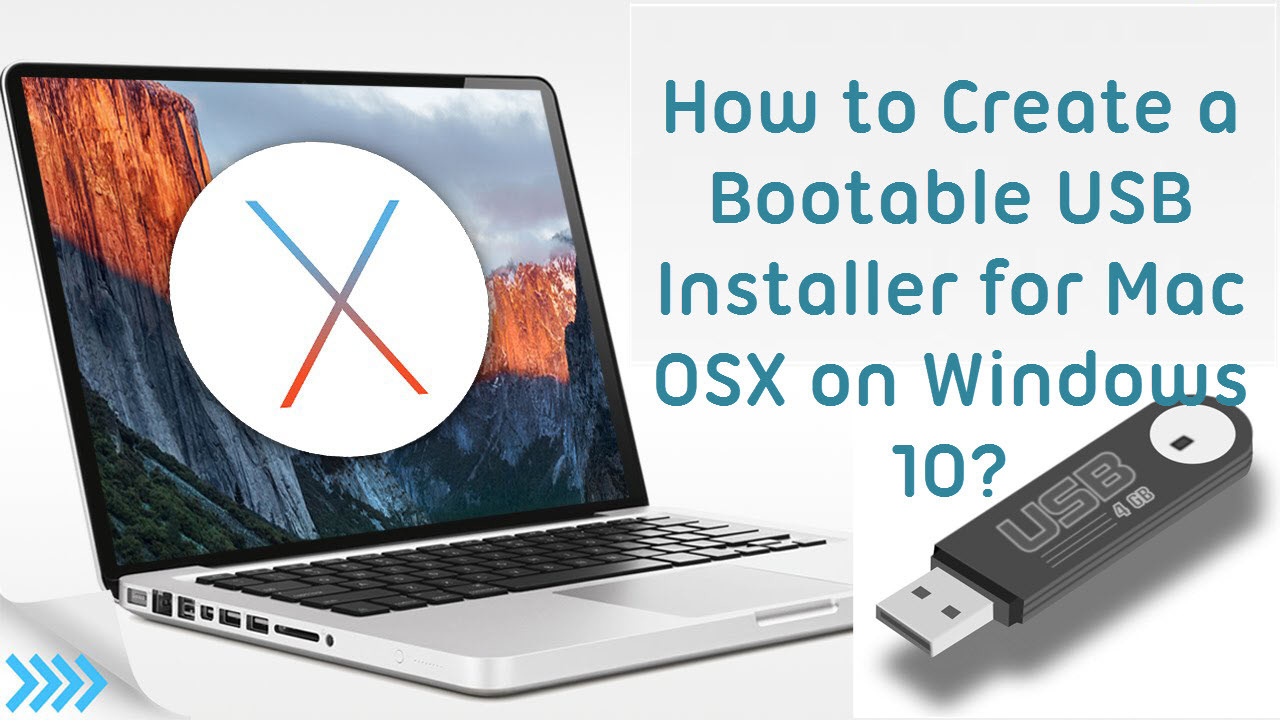
The better approach is to create a Windows 11 bootable USB using the Terminal app. This solution is geared towards dual booting, which is not what we need in our particular scenario. Create a Bootable Windows 11 USB via the Terminal Appįirst things first, don’t even think of using Boot Camp or a similar approach to get this done. On the other hand, if you’re looking for an approach as hassle-free as possible, go for option 2 and option 3. If you want to do this with as little 3rd party interference as possible go for option 1. In what follows, we will go through every method described above. The only drawback of this tool is that it won’t allow you to specify a partition scheme, a file system, or set a custom cluster size. This tool borrows a lot from the functionality of Rufus, but features a more intuitive interface that is friendly to beginners. The third option is to use an open-source tool called Deepin Boot Maker.It’s pretty straightforward as it won’t require you to run any complex commands. This GUI software will help you create a bootable Windows 11 installer. The second option is to use a 3rd party tool called WonderISO.It works, but the steps get slightly difficult when you get to the part where you need o install a 3rd party tool called wimlib via Homebrew.

The first option is to use the Terminal app to create the 11 bootable USBs.Now that you are familiar with the requirements, let’s go over the various methods that will allow you to create a Bootable Windows 11 USB on macOS:




 0 kommentar(er)
0 kommentar(er)
